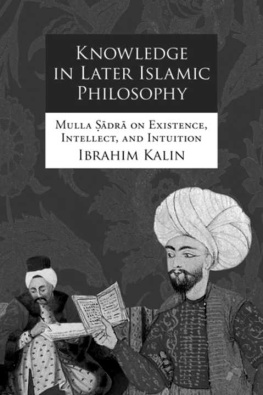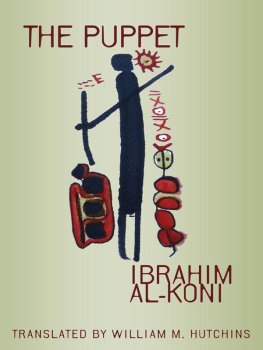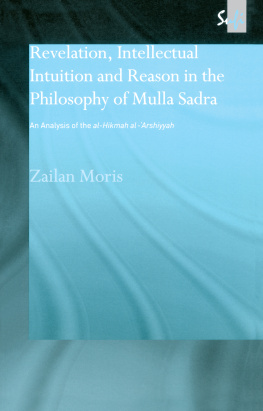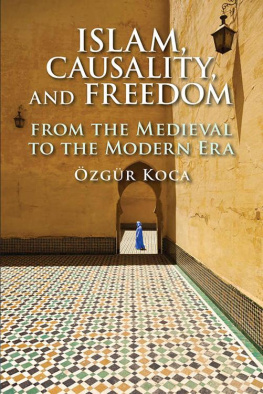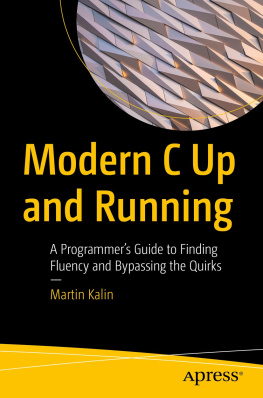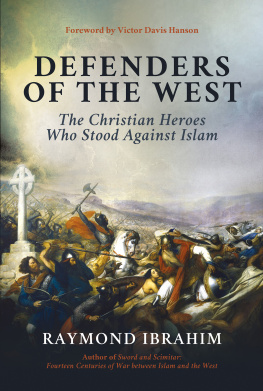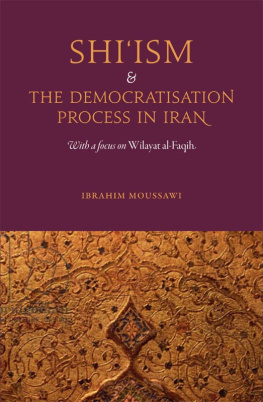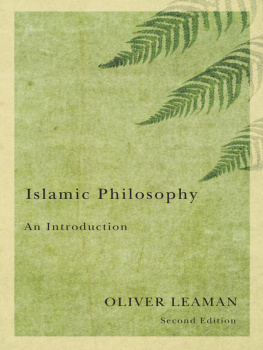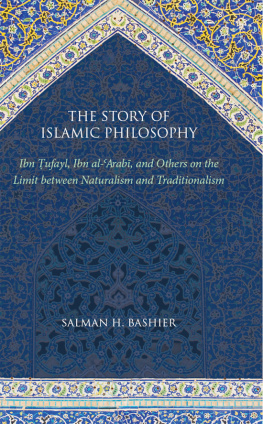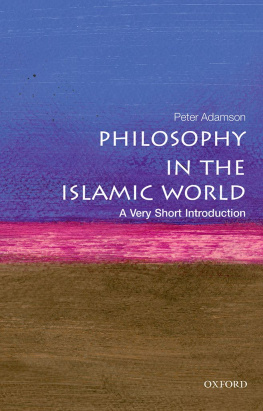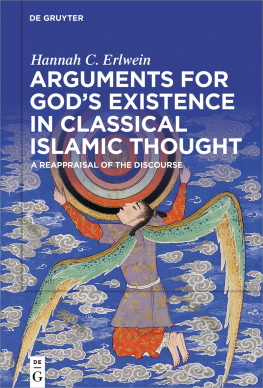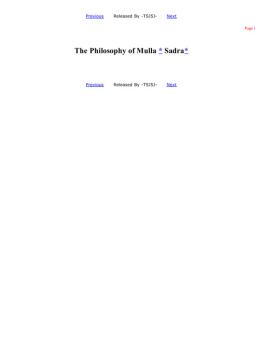IBRAHIM KALIN





I owe thanks to a large number of people who have been part of the writing of this book in one way or another. Some of them are aware of this, some not.
I am deeply indebted to my advisor and mentor Seyyed Hossein Nasr. With his `ilm, `irfnn and hilm, Prof. Nasr has been a source of knowledge and inspiration for much of what I have done over the last decade. I thank Prof. Peter Caws of George Washington University for the wonderful exchanges during our reading sessions of Plato and Aristotle. My thanks go to Mahdi Aminrazavi who made valuable comments on my doctoral dissertation on which the present work is based. I also thank my friends and colleagues Caner Dagli and Joseph Lumbard for the conversations we have had throughout our rihlat al-`ilm in different parts of the world. I thank Zohra Sirat for her unfailing help during the initial stages of the present book.
Many people have been part of my intellectual upbringing and shaped the way I came to understand things. Our conversations from philosophy, metaphysics and science to history and politics have found their way into my thinking and, by derivation, into the pages of this book. Among the people I have had the privilege of knowing and learning from, I should mention Rahim Acar, Alparslan Acikgenc, Waleed al-Ansary, Cemil Aydin, Ghulam Riza A'wani, David Burrell, William Chittick, Ahmet Davutoglu, John Esposito, Ekmeleddin Ihsanoglu, Ghasem Kakaie, Ismail Kara, Mahmud Erol Kilic, Oliver Leaman and Mustafa Ozel.
I would like to thank the TDV Center for Islamic Studies (ISAM) for granting me a doctoral scholarship and supporting me both in Turkey and abroad. I am thankful to the College of the Holy Cross and particularly my colleagues at the Religious Studies Department for the two wonderful years my family and I spent there. The book took its present form mostly during the cold yet serene days of Worcester. I thank Prof. Nomanul Haq for his helpful comments and suggestions on the manuscript.
My deepest gratitude is to my wife Neriman who has always stood by me during the moments of joy and frustration of my academic life. As the mother of our three beautiful daughters Rumeysa, Dilruba and Yaren, she has provided the comfort of a loyal friend all seekers of knowledge yearn for. It is with an immense sense of indebtedness that I dedicate this book to her.
ix
xiii
Chapter I
Chapter II
Chapter III
Appendix
(Risalah fi ittihad al-`agil wa'1-ma`gid)




















Muhammad ibn Ibrahim ibn Yahya al-Qawami al-Shirazi (15711640),' known as Sadr al-Din al-Shirazi and more popularly as Mulla Sadra, is one of the most prominent figures of postAvicennan Islamic philosophy. His school of thought called `transcendent wisdom' (al-hikmat al-muta `aliyah) has made a deep impact on Islamic philosophy in Persia, Sadra's homeland, and the subcontinent of India. Like his predecessors, Sadra worked and composed his works from within the Islamic intellectual tradition and sought to combine the major strands of that tradition. As a diligent student, he dealt with all of the central problems of Islamic philosophy handed down from the Greeks to his own time. As a master, he made a number of important contributions to the form and content of those problems and introduced several new concepts. His relentless effort to dovetail revealed knowledge, (i.e., the Qur'an), philosophical demonstration (burhan) and realized or mystical knowledge (`irfan) has led him to span through the entire spectrum of classical and medieval philosophy from the question of existence and causality and to self-knowledge and knowledge of God.
This makes Sadra an invaluable resource for the later history of Islamic philosophy. Tracing the sources of Sadra's thought is also a search for the soul of Islamic philosophy. The rich tapestry of ideas we find in this history bespeaks the resilience of the Islamic intellectual tradition after the influence of Hellenistic lore had considerably dwindled and many homegrown problems of Islamic philosophy had taken the center stage. To read Sadra is to read the history of how persisting philosophical problems can be re-discussed, restated, and reformulated in new contexts. The fact that Sadra was born into a world imbued with what we might call `Shiite spirituality' and became the student of Ibn Sind, Suhrawardi, and Ibn al-'Arabi all at once is indicative of the general tendency of post-Avicennan Islamic philosophy to move ever closer to a grand synthesis. The synthesis in question is one that aims at securing a harmonious relationship between the mind and the heart while taking both concepts to their logical ends to avoid a soulless philosophy on the one hand, and a groundless spirituality, on the other. Sadrd's intellectual journey is in many ways parallel to the intellectual journey of the Islamic world after the twelfth and thirteenth centuries.
No grand synthesis is possible without choosing an anchor point. Sadrd takes existence (wujud) as his anchor point and revises the entire history of Islamic philosophy in light of what he calls the primacy of existence (asnlat al-wujud). As I discuss in Chapter II, Sadrd was extremely critical of Suhrawardi's defense of the primacy of essence (asnlat al-mnhiyyah) and had considered it a philosophical error leading to an essentialist metaphysics. He was also critical of Ibn Sind for failing to fully grasp the centrality of the problem of existence and for producing an incomplete metaphysics. Even though Sadrd incorporated many elements from both the Peripatetic and Illuminationist traditions, he eventually seems to have found himself at home in Ibn al-'Arabi's thought and the elaborate vocabulary of existence developed by his students Sadr al-Din al-Qunawi and Ddwud al-Qaysari.

